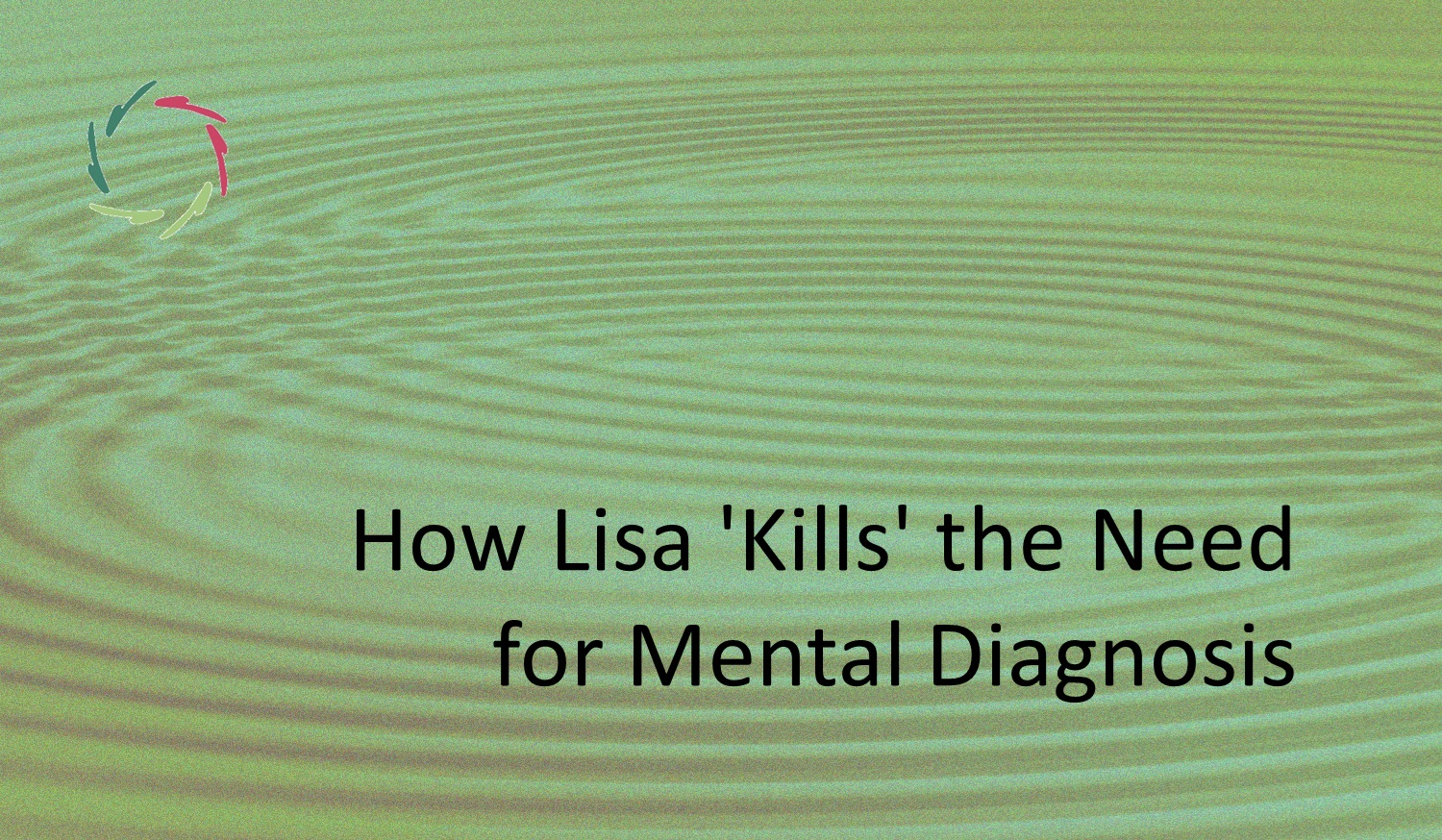Psychotherapy and Placebo

To the degree that psychotherapy amounts to placebo, we may need to rethink it.
Placebo >< depth
The concept ‘placebo’ is used here in the sense of deception. [see: “Placebo Without Deception?”]
It’s crucial to make a full distinction with the concept of empathy. [see: “Landscape of Empathy”] I clarified the difference in [see: “Empathy vs. Placebo”].
In this sense, placebo may ‘go deep,’ but it is the enemy of meaningful depth. It’s an elevator back-and-forth, with little to no discovery of inner landscapes.
Without meaningful depth, placebo is principally symptomatic. [see: “Symptomatic Therapy?”] Is this worthwhile? That is a basic choice.
This may also be relevant to instrumental psychotherapies.
In research, these do not seem to add to the overall effectiveness of psychotherapy. [see: “Psychotherapy vs. Psychotherapies”] In other words, their success is probably restricted to that of a placebo. [see: “What is Success in Therapy?”]
To the degree that any therapy amounts to this, it’s not growth-oriented, not Compassionate. [see: “Essence of Compassion“].
Person-oriented psychotherapy?
Contentiously, one may say this depends on the client. Client A may be sensitive to psychotherapy X, while client B may be sensitive to psychotherapy Y. In this vein, should we tailor the psychotherapeutic choice to the client? Even with zero-sum effectiveness, we might still have helpful tools if we apply the proper psychotherapy to the right client, no?
Research should be done to make this claim sustainable. However, such research would be pretty challenging and bias-prone. Some revert to clinical observation to assert the claim but note that keeping to this is pre-scientific.
Scientifically, “It works” is by far not good enough. [see: “If it works, then it’s OKAY?”]
Back to placebo and into caution
A set of purely placebogenic procedures is also person-dependent. [see: “The Placebo Patchwork”]
Person A may be sensitive to placebo X, while person B may be sensitive to placebo Y, just because of individual differences to placebogenic aspects.
So, even if a person-dependent effect would be proven, this would not show an effect of psychotherapy above the purely placebogenic one.
Enhancing (conscious) expectancy
This is seen by many as a worthwhile element of the psychotherapeutic endeavor. It’s even central, for instance, in motivational interviewing.
Total-person expectation is the sum of
- conscious expectancy
- non-conscious expectation ― sometimes incorrectly equated to conditioning.
Accepting the conditioning-assumption, these together are synonymous with placebo. Not the placebo pill ‘works’ but the expectation that it works. The real placebo is the expectation. This can be related to any pill, potion, procedure, or situation, including psychotherapy.
Therefore, enhancing expectancy is also a placebo.
Is this so bad?
No, it isn’t ― IF one is aware of what goes on. But, of course, being aware may kill the expectation.
Right. Placebo also may have quite a few profound side effects, which should not be discarded. [see RG: ”Placebos have many ‘side-effects’“]
Also, if a person seeks help for a problem, the fact is that he has a problem. Something meaningful must be happening to the person-with-problem. It may be significant enough to validate this meaning, not just wipe it away symptomatically.
The short-term is not OK.
[see: “Is Short-Term Enough in Therapy?”]
Even if the symptom (surface problem) is a minor one and quickly resolved, there may be something far bigger underlying this and with relevance in the long term. In my experience, this is frequently the case. There should be openness to this without forcing anything.
Moreover, going symptomatic again and again with many clients and by many therapists may have a substantial cultural impact. It may heighten problems of social depression and aggression, with immense cost.
Is this an indirect cost of instrumental psychotherapies?


